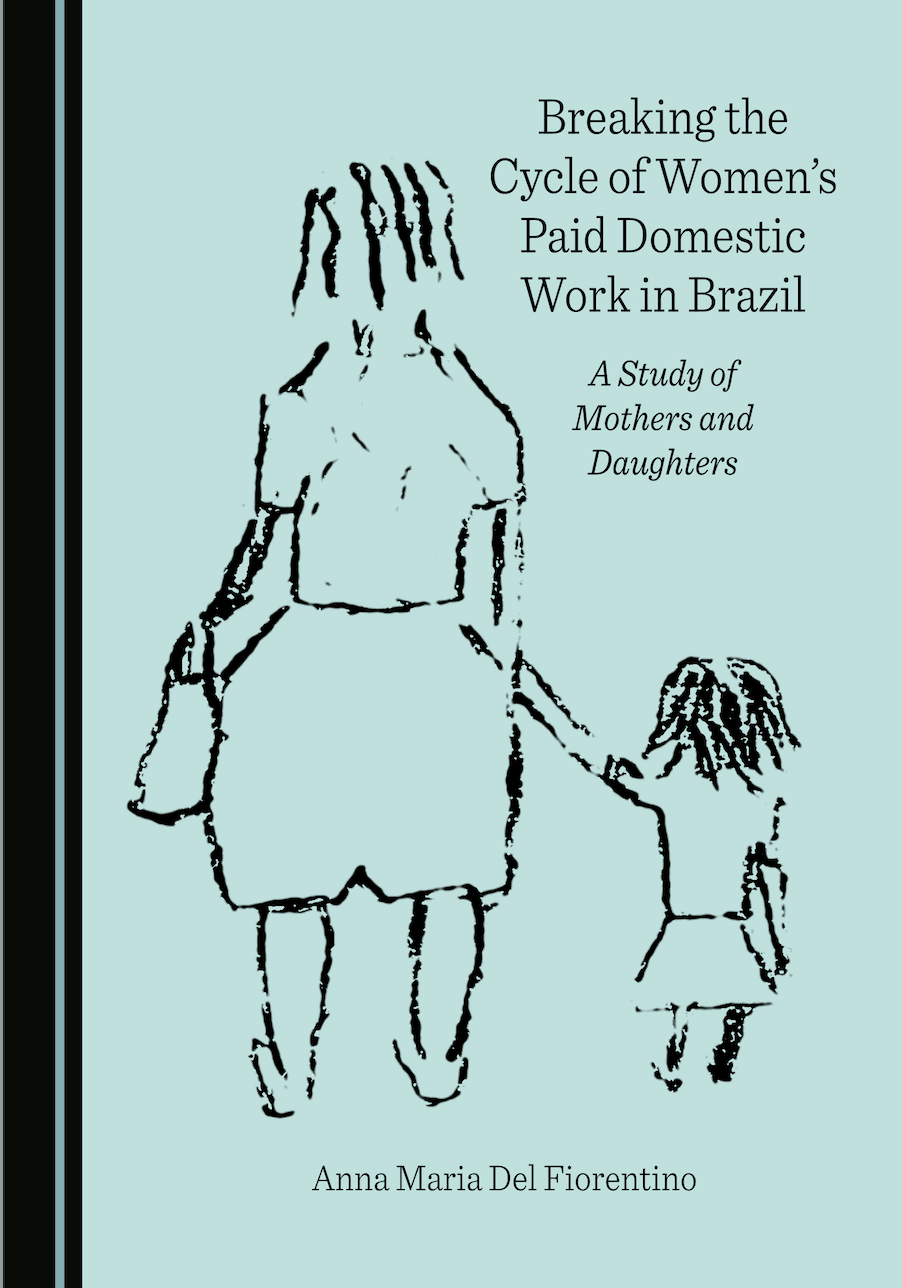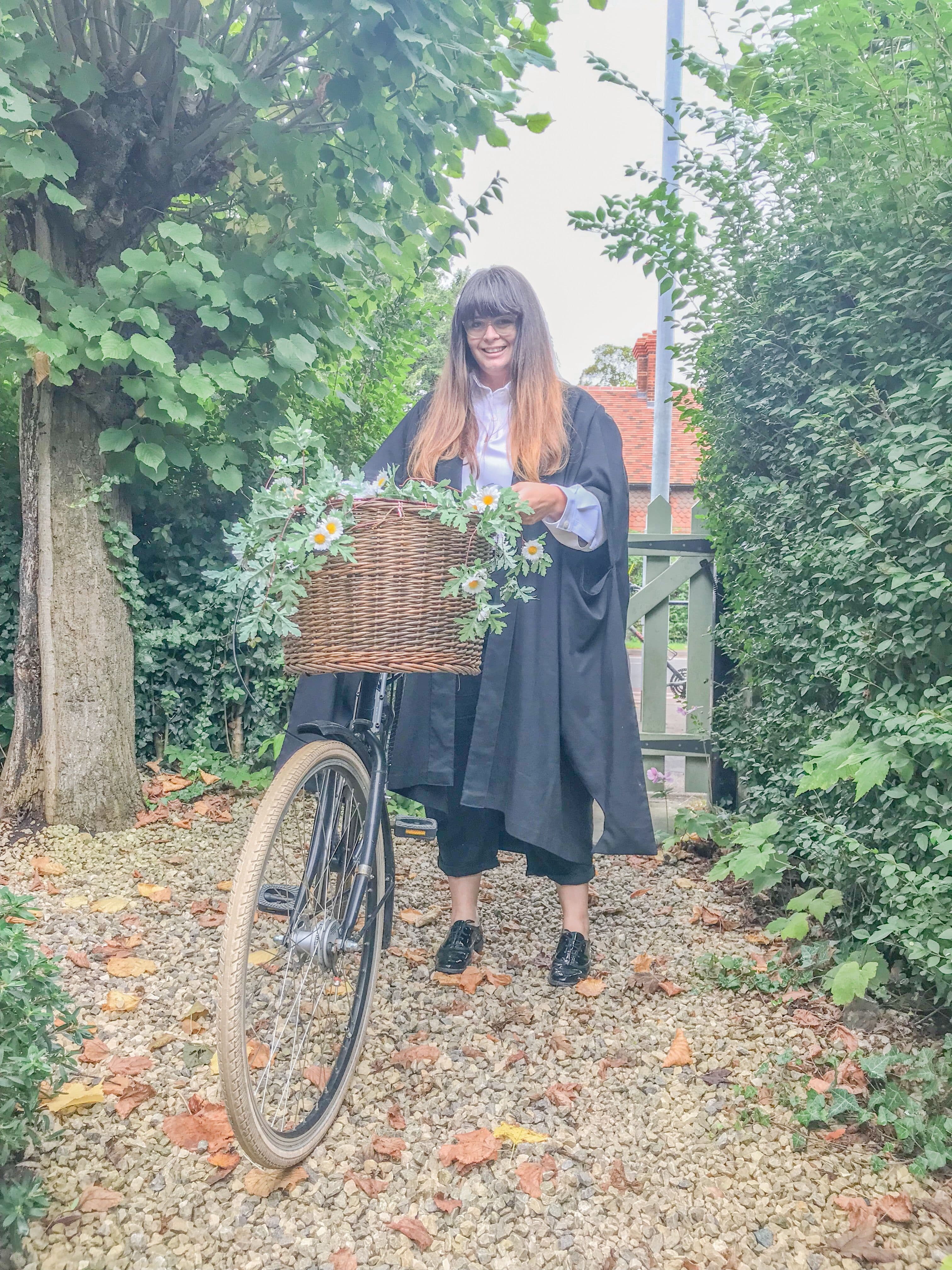Breaking the Cycle of Women's Paid Domestic Work in Brazil:
A Study of Mothers and Daughters
Widening access to higher education has been a political issue in Brazil for a long time, but only in the early 2000s was the education system changed radically. Affirmative action policies were combined with the expansion of the network of federal universities and new funding programmes for higher education. This created a generation of people who are the first within their families to go to university.
This book portrays the life stories of mothers who are paid domestic workers in Brazil, and their daughters who belong to the first generation to obtain a higher education degree. The author investigates experiences of social mobility of the first-generation university entrants in contemporary Brazil from a novel perspective – the family dynamics between mothers and daughters. The book introduces the concept of intertwined memories to show how the mechanism of transmission of memories between mothers and daughters drove these women to a relationship of mutual support. This transformed trauma into empowerment, breaking vicious cycles of inequalities and poor mental health among these women.


Anna was born in Brasília and raised in Campinas, Brazil. Her passion for politics and change led her to spearhead the creation of the first student council at her secondary school, called 'A Matter of Attitude' ('Questão de Atitude'), which campaigned for a school library, windows, and bins in classrooms, and she was elected as the Cultural Officer. She trained as an economist at the State University of Campinas (Unicamp) and gained extensive corporate experience working in Finance Controlling in R&D in telecom, first as an analyst and later as the head of the Controlling department. Pursuing and combining her various passions, she took a break between these positions to live in London and study fashion design and marketing at Central Saint Martins, focusing on ballet costume design.
As a repatriated Italian, Anna moved to Italy on sabbatical to meet family and visit the place where her WWI refugee grandmother lived before migrating to Brazil. She then relocated to London, where she shifted her financial skills to work in banking in the City of London as an analyst and later as a project manager. She also engaged in campaigns to help refugees in Calais and volunteered in various artistic projects at the Secret Cinema and the Old Vic Tunnels, the independent art venue arm of the Old Vic Theatre beneath Waterloo station, which no longer exists, where she acted, joined film crews, and worked on set and costume creation, among other activities. She learned to row on the Thames at the Barnes Bridge rowing club, and her passion for rowing continues today. She previously rowed for her Cambridge University college, Murray Edwards, elected Alumnae Officer of the college's rowing committee, and currently focuses on leisure rowing at the Cambridge 99s town club.
Anna left her corporate career in London when her children were born, aiming to fully experience being a full-time mother. She engaged in volunteering activities at her children's state schools, such as paired reading and serving as a parent representative. When her youngest started school and the family relocated to Cambridge, she submitted a master’s proposal to the University of Cambridge and was accepted into the programme at the Centre of Latin American Studies and Murray Edwards College, where she was supervised by Dr. Pedro Mendes Loureiro. There, she began reinventing herself in her 40s, pursuing meaningful topics related to her own lived experiences as a woman immigrant and mature student-parent—among other identities—advocating for children's dignity, strong public schools, belonging in higher education, inclusive feminism, social justice, anti-racism, and a less gendered world, among other LGBTQI+ issues. A vegetarian by choice since her early teenage years—when restaurants didn’t offer vegetarian options—Anna is also committed to creating a greener world and shares her home with a Labrador and a pair of cheeky ducks.
Aiming to give back to her home country a bit of what she received during her education at Cambridge University, after receiving a master's degree in Latin American Studies, Anna translated her master’s dissertation into Brazilian Portuguese and found a publisher in Brazil, where she published her first book in 2021 and is now available for free. Her study focuses on generational inequalities among mothers and daughters in Brazil, based on the lived experiences of daughters who were the first in their families to obtain a university degree in the early 2000s, and their mothers, who are or were paid domestic workers. Later, she also had her research published in English in the UK by Cambridge Scholars Publishing in 2023.
Still at Murray Edwards College at Cambridge University, Anna is now a PhD candidate at the Faculty of Education, supervised by Dr. Kathryn Moeller, and was awarded the Vice-Chancellor and Murray Edwards Scholarship via the Cambridge Trust. She continues to explore women's generational inequalities through the lenses of mothers’ and daughters’ life trajectories, comparing first-generation female university students from Brazil with those from England, and researching their sense of belonging as undergraduates attending public universities in the twenty-first century. Anna is also an engaged member of The Cambridge Latin American Research in Education Collective (CLAREC), where she enjoys bringing people together from different departments and beyond academia, leading initiatives that have resulted in events such as The Role of Education in the Fake News Era and The Cambridge Great Expectations Campaign for International Women’s Day, among others.
Featured Reviews
Marvellous, I loved it! There were moments when I wanted to cry because, for me, it's personal. A mother mentioned she lost her teeth very early... the same thing happened to my mother. It hit me in a different place; I'm feeling quite emotional.
Juliana Spadotto, daughter of a cleaner in Brazil and a Master's graduate in Education from the University of Cambridge.
The sections on trauma and memory are written with great empathy and sensitivity, and they constitute some of the strongest contributions of the dissertation.
Examiner's Independent Report, Centre of Latin American Studies, University of Cambridge
Faculty doctoral student Anna Maria Del Fiorentino has recently published her first book in the UK. Breaking the Cycle of Paid Domestic Work in Brazil, examines the life stories of mothers who are paid domestic workers in Brazil and their daughters who belong to the first generation to obtain a higher education degree.
The context for the study is the long-term politicisation of access to higher education in Brazil and radical changes to the system which occurred in the early 2000s. These created a new generation of people who are the first in their families to go to university.
In her book, Anna Maria investigates the experiences of some of these first-generation entrants but through the lens of the family dynamics between mothers and daughters.
She looks at how the inherited memories and trauma of the mothers are passed on to the next generation, the relationships of mutual support that exist between them, and the role of this dynamic in empowering these women and breaking long-term cycles of inequality.
Breaking the Cycle of Paid Domestic Work in Brazil is published by Cambridge Scholars and is available now. Copies are also available to be borrowed within the University.
The Knowledge, The Faculty of Education Newsletter, University of Cambridge
This engaging and elegantly written dissertation aims to shed light on the role of family dynamics (in particular, mother-daughter relations) in the recent uptick in numbers of young, working-class women attending university in Brazil, rather than following their mothers into domestic work. The study is based on original in-depth interviews with five mother-daughter pairs, which the author uses to portray the aspirations of these women and the fragilities they experienced while attempting to improve their own situation and that of their children. The author highlights the role of intergenerational memory in providing a stimulus for social mobility, and proposes the novel concept of "intertwined memories" to explain the daughters' desires, in turn, to help improve their mothers' living conditions, once they had achieved a certain degree of social mobility themselves.
Examiner's Independent Report, Centre of Latin American Studies, University of Cambridge
Congratulations to our alumna Anna Maria Del Fiorentino (MEC 2019) on the publication of her first book Memórias Entrelaçadas: do trauma ao empoderamento (Intertwined Memories: Transforming Trauma into Empowerment).
It is based on her MPhil dissertation which she wrote while at Murray Edwards. An English version will be published in the UK in 2022. The Portuguese version will soon be available in Rosemary Murray Library.
The book explores how intergenerational memory transmission of traumatic experiences from mothers and daughters also has an important role in providing a stimulus for social mobility.
Murray Edwards College, University of Cambridge






